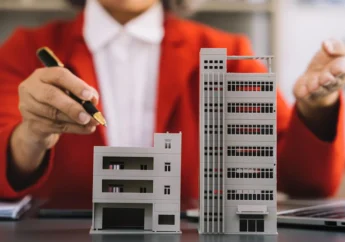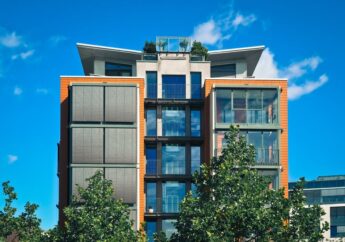How To Invest In London Property?
by Abdul Aziz Mondal Real Estate Published on: 20 August 2021 Last Updated on: 30 December 2024
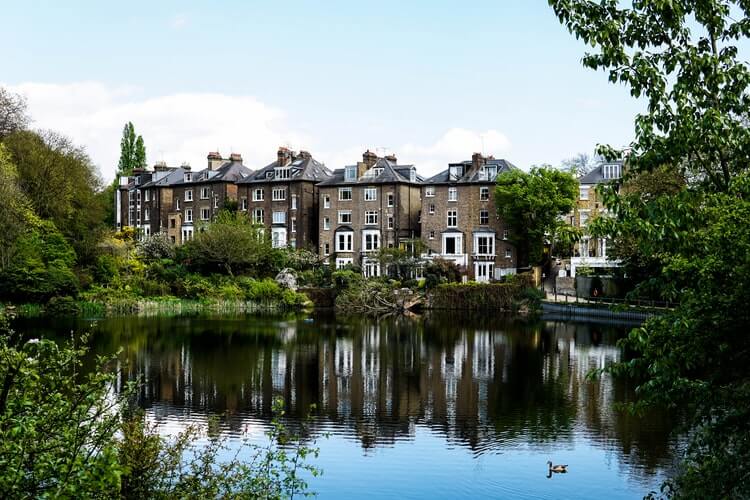
There has never been a better time to invest in London property. With house prices rising and the number of people moving to the capital increasing, the prospects of making a quick profit when buying a London property look pretty promising. First, however, you must be careful about which area you decide to invest in.
Is property investing the right option for you? Property investment in London is a lucrative business, but it’s also a competitive one. So if you want to get the most out of your investment, there are specific steps to follow until you close the deal. You can also consult with local estate agents to get a clear value of the property. If you are looking to invest in Beckenham, consult the local estate agents in Beckenham.
How Are London Property Investments Becoming Popular?
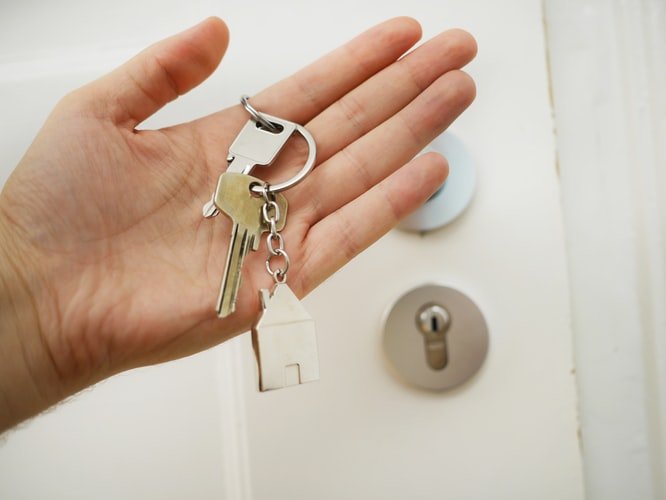
Whether you’re looking for a single London property, a block of apartments, a joint venture partner, or many units inside a single building, seek experienced assistance to help you make the best option. Also, consult with financial institutions, developers, and banks that specialize in home loans, as well as furnishing firms, property tax accountants, and solicitors.
The individual house market and new projects in London have both fared exceptionally well in terms of capital appreciation and ease of finding renters over the last few years. Large firms seek out family homes in important London districts such as Regent’s Park, Hyde Park, and St. John’s Wood for their employees.
5 Things You Need To Know For Investing In London Property
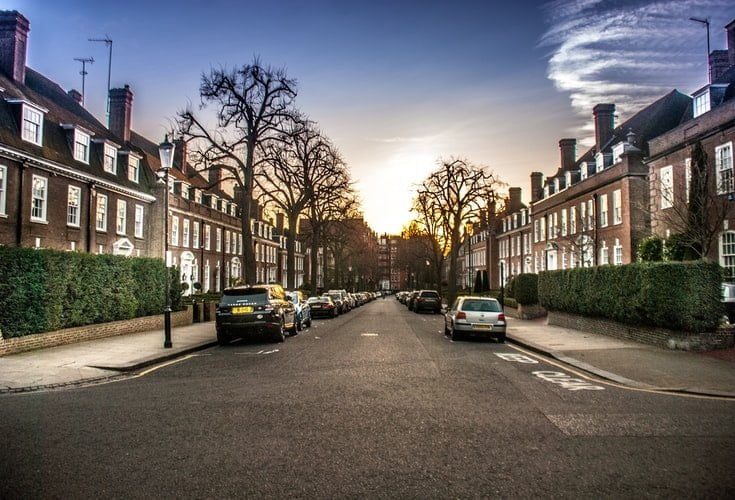
Investing in new developments London property in Central London has also grown in popularity. Residents in such complexes appeal to busy executives seeking convenience, security, luxury accommodations, and possibly parking and are thus comparatively easy to rent out for investors.
1. Determine How Much You Can Spend?
If you want to finance your purchase with a buy-to-let mortgage, most lenders now require a minimum deposit of 25%, so make sure you have enough money set up for this. The lower your LVR (loan to value ratio), the less likely you will go into negative equity if prices fall.
Whatever your circumstances, you should always try to acquire a home that fits within your budget. The rent revenue should ideally exceed the property’s total outgoings, such as mortgage payments, service charge fees, ground rent, insurance, agency costs, and so on.
2. Return On Investment vs. Capital growth
When choosing a property for investment, it’s essential to examine the rental yield and subsequent income the property is anticipated to create and the property’s long-term capital growth potential, which is often the major motivation for investing.
The higher the gross yield, the better, but the net yield, after all, costs are taken from the rent. Ultimately decides the amount of generating income you will receive from your property. For example, suppose a property has significant capital growth potential, but the rent is insufficient to cover the bills. In that case, you may be placing yourself in danger if your financial situation changes and you cannot make up the difference.
However, if the house is in a hotspot projected to see significant price increases, your investment could pay off handsomely in the long run.
Rent and the value of your asset are likely to rise as the region prospers and becomes more desirable. Fraser & Co has a lot of expertise in detecting hotspots, and we’re always delighted to offer financial advice to help you narrow down your options.
3.Tax
After deducting interest payments and operating costs, UK investors must pay tax on any profits made from a buy-to-let transaction. So when determining your return on investment, don’t forget to factor in taxes.
4.What To Consider Before Making A Purchase?
Consider the type of property that is appropriate for the place in question. Houses with multiple rooms, for example, maybe easy to rent in student communities. On the other hand, one-bedroom flats may be more in demand in locations popular with young professionals.
5. Recognize The Various Expenses
Stamp duty, which is paid at a higher rate when you buy a house you won’t live in, is one unexpected expenditure. Basic property development costs, such as furnishing the buy-to-let house and maybe renovating it. Certificates that are required to rent out a residence, such as gas safety assessments and landlord’s insurance, must be calculated.
Bonus: Wanna try to make an investment in the properties of “Malta”? Here’s our empirical guide. Check out!
Conclusion:
With all these factors counted upon, you can make investing in properties in London a lucrative business. For the London property investments, you have to go through this before planning to invest in the property. When you do check this before the property investments, your works are turning out to be more simple.
Read Also:
































































































